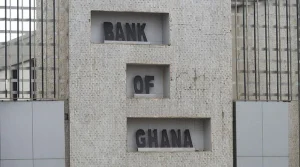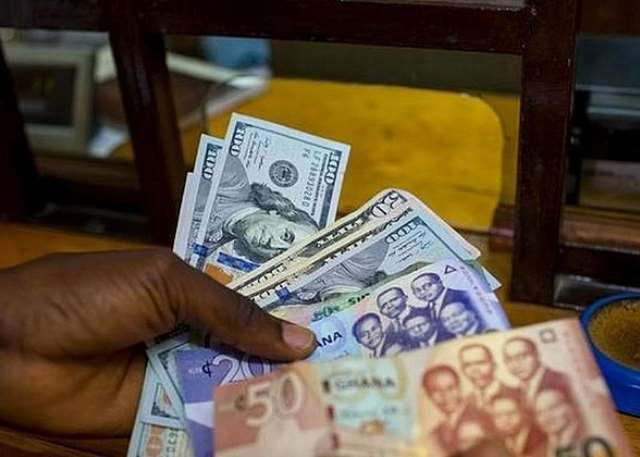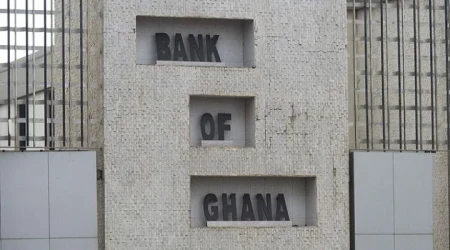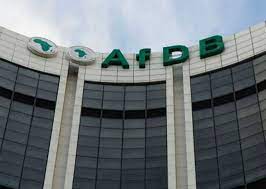The Ghanaian Cedi’s recent performance against major international currencies paints a picture of subtle fluctuations and strategic management. As of June 4, 2025, the Cedi experienced a slight depreciation against the US dollar, with average buying and selling rates of GHS9.98 and GHS10.84 respectively, according to Cedirates.com. Forex bureaus offered slightly less favorable rates, exchanging dollars for cedis at GHS11.15 and cedis for dollars at GHS11.65. This difference in rates between the official market and forex bureaus reflects the dynamics of supply and demand and the inherent premiums charged by currency exchange businesses. The interbank market, where financial institutions trade currencies, saw the cedi trading at GHS10.24 for buying dollars and GHS10.26 for selling. These slightly tighter margins on the interbank market indicate greater stability and larger transaction volumes, influencing the overall direction of the exchange rate.
The Cedi also saw fluctuations against the British Pound and the Euro. The average exchange rate for converting pounds to cedis stood at GHS13.39, while converting cedis to pounds averaged GHS14.52. Similarly, the Euro traded at GHS11.29 for exchanging euros for cedis and GHS12.32 for the reverse transaction. These rates against other major currencies reflect not only the Cedi’s performance but also the individual strengths and weaknesses of those currencies in the global market. The Bank of Ghana’s interbank rates for the Pound and Euro were slightly different, with the Pound selling at GHS13.87 and the Euro trading at GHS11.67. These variations across different market segments underscore the influence of specific market conditions, transaction volumes, and the prevailing economic climate.
Money transfer services offered competitive rates for remittances from the US and the UK to Ghana. LemFi and Hurupay provided rates of GHS10.11 and GHS10.24 per dollar, respectively, reflecting the specialized nature of their services and their targeted approach to capturing a share of the remittance market. For British Pound transfers, LemFi offered a rate of GHS13.67, while Afriex provided a slightly higher rate of GHS14.19. Euro transfers saw Afriex offering GHS11.95 and LemFi at GHS11.50 per Euro. The varying rates offered by these money transfer operators likely reflect differences in their operating costs, business models, and the competitive landscape. The availability of multiple options for international money transfers provides beneficial choices for consumers seeking the most favorable exchange rates and transfer fees.
Digital subscription payments using Visa and Mastercard for services like Netflix, Spotify, and Apple Music were processed at a uniform exchange rate of GHS11.02. This fixed rate for digital transactions likely reflects agreements between payment processors and service providers, offering a standardized exchange rate for recurring international payments. This consistency simplifies budgeting for consumers who utilize these services and minimizes the impact of currency fluctuations on their subscription costs.
President John Dramani Mahama’s statement on the Cedi’s appreciation adds a layer of governmental oversight and policy direction to the currency’s trajectory. He emphasized the government’s commitment to maintaining a realistic exchange range of GHS10 to GHS12 per dollar, suggesting a managed approach to currency valuation. While welcoming the recent strengthening of the Cedi, President Mahama cautioned against allowing it to fall below its actual value. This suggests a concern for maintaining export competitiveness, a crucial aspect of a healthy economy. An overly strong Cedi could make Ghanaian exports more expensive in international markets, potentially harming export-oriented industries.
President Mahama’s statement highlights the collaborative efforts of the Bank of Ghana and the Ministry of Finance in maintaining exchange rate stability. This coordinated approach aims to support both imports and exports, striking a balance between affordability for imported goods and competitiveness for Ghanaian products in the global market. This strategic management of the exchange rate reflects the government’s recognition of its crucial role in fostering economic growth and stability. By closely monitoring and influencing the Cedi’s value, the government aims to create a favorable environment for both domestic and international trade, supporting sustainable economic development. This active management of the exchange rate is a key element of the government’s economic strategy, aimed at balancing internal and external economic pressures.













